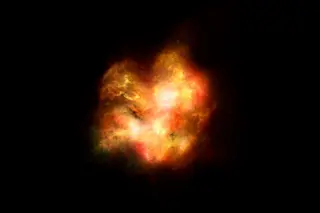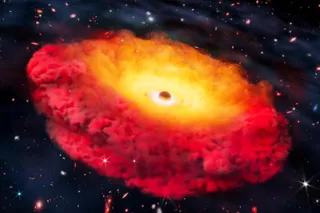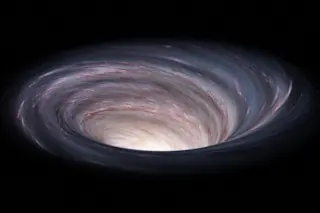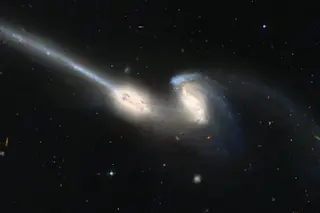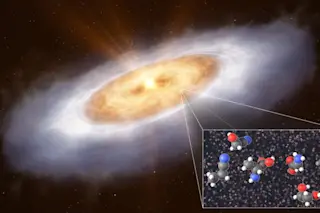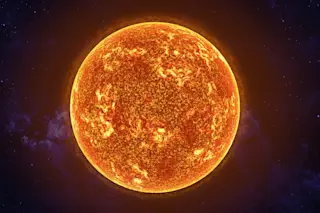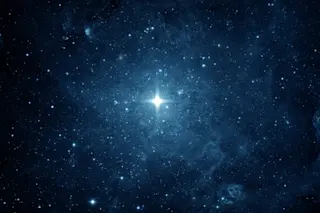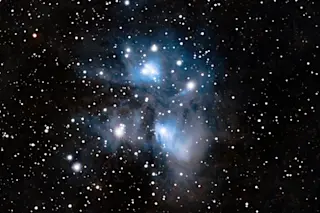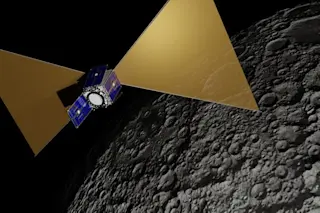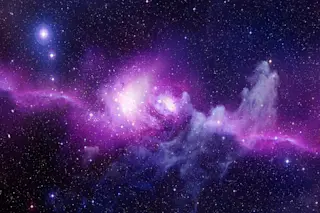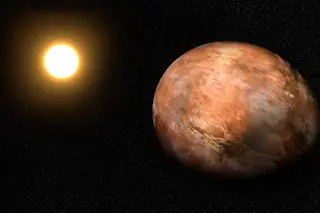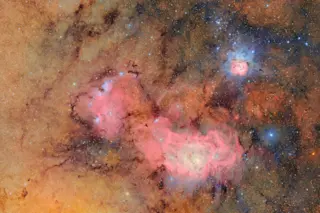Our universe’s first galaxies shone hotter and brighter than scientists thought, according to a group of astronomers who tapped a whopping 400 hours of observing time on NASA’s Spitzer Space Telescope. The discovery could answer a long-standing question about how light first traveled freely through the infant universe.
“We did not expect that Spitzer, with a mirror no larger than a Hula-Hoop, would be capable of seeing galaxies so close to the dawn of time,” study author Michael Werner said in a statement.
Werner is Spitzer’s project scientist at NASA's Jet Propulsion Laboratory in Pasadena, California. “But nature is full of surprises," he added, "and the unexpected brightness of these early galaxies, together with Spitzer's superb performance, puts them within range.”
After the Big Bang, our universe was mostly gas. It took some 100 to 200 million years for the first stars to form. And it took another billion years ...


